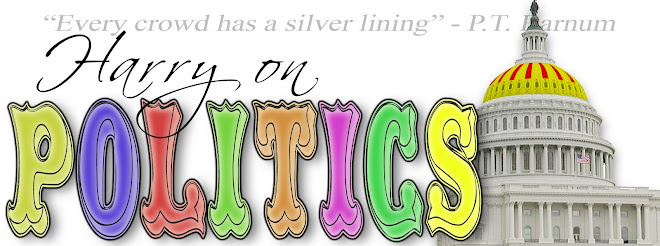So when does our head of government answer to questioning by the legislature? Unless he’s impeached, the answer is never. (The only real questioning the president ever faces is when he chooses to call a White House press conference. Even these have become such stage-managed events that their inquisitorial value is close to zero.) Increasingly, the president’s most powerful officials are similarly aloof from inquiry. Consider Obama’s bevy of "czars" and "presidential envoys" to handle multiple areas of domestic and foreign policy. As White House officials, they are beyond the reach of Congressional questioning. But why? What purpose is served by grilling some cabinet secretary, when the administration has already made it clear that real power lies with the czar above them? To adapt an old and vulgar proverb: why question the monkey if the organ grinder remains out of reach?
The debacles of the past decade surely show how damaging is this inability to require America’s head of government to explain and defend his actions, at the time, to the legislature. Suppose President Bush had been forced to answer tough questions back in spring 2003 about his arguments for invading Iraq? Or his decision to set up Guantánamo and fill it with detainees scarfed up from faraway battlefields? Or his decision to allow the methods of interrogation that he did? The questions he never had seriously to address quickly mount up. Had President Bush been required to come before Congress, on regular and frequent occasions, to explain and defend his decisions, the outcomes might have been no different. I suspect they would have been. What’s certain is that national debate would have been more informed, more searching, more inclusive—more democratic.
So, back to last night’s address to Congress. The debate over President Obama’s desire to change America’s health-care system would surely have been less beset by angry fantasies, less in thrall to paranoid conspiracy theories about "death panels," if the head of government had been required, over these past months, to face Congress at intervals and answer questions about what he had in mind? It’s an axiom of American civic life that open government is the best government. In an age when the frenzies of cable-TV and talk-radio demagogues command the audiences they do, it's time to wonder whether open government—the chief executive forced to explain and defend what he intends, and why he intends it—might be our best hope of keeping our national debates within the bounds of rationality and, yes, civility that the Founding Fathers hoped.
Thursday, September 10, 2009
The Democratic Right to Dissent
The Gaggle : A Defense of Joe Wilson: The Democratic Right to Dissent
Subscribe to:
Post Comments (Atom)

No comments:
Post a Comment